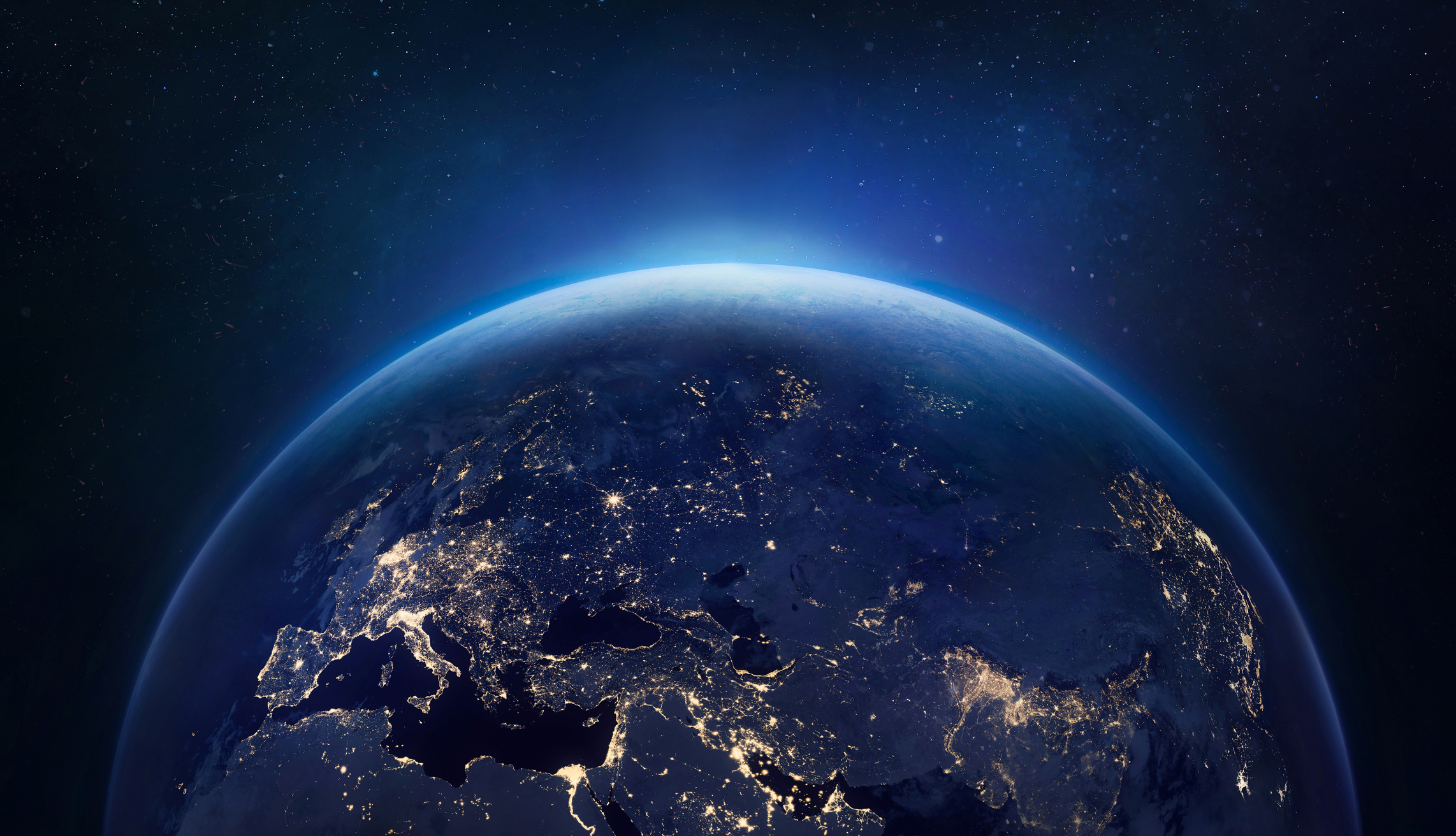The world population has reached 8 billion people, but this does not mean that resources have become more scarce. In fact, resources have grown more abundant over time thanks to human ingenuity and innovation. Population growth is not a threat to the environment or human well-being, but rather a source of potential solutions.
According to the United Nations, the world’s population reached 8 billion people today. Not everyone is excited by the news. As one source noted, “humans use as much ecological resources as if we lived on 1.75 Earths.”
In a recently released book, Superabundance: The Story of Population Growth, Innovation, and Human Flourishing on an Infinitely Bountiful Planet, we have analyzed prices of hundreds of food items, metals, minerals, finished goods, and fuels going back to 1850. We found that, contrary to expectations, resources became more abundant, not scarcer.
On average, every one percent increase in population corresponded to a one percent price decline relative to wages. That means that every one percent increase in population also corresponded to a five percent increase in personal resource abundance and a 16 percent increase in global resource abundance.
Personal resource abundance grew at a rate of 3.1 percent per year, thereby doubling every 22.6 years or so. Global resource abundance grew at a rate of 4.4 percent, thereby doubling every 16 years or so.
How is that possible?
Every new human being comes to the world not only with an empty stomach, but also a pair of hands, and, more importantly, a brain capable of intelligent thought and new knowledge creation.
In the process of economic development, human beings cause environmental damage, but the new wealth and knowledge that we create also allow us to become better stewards of the planet. That is why all environmental ranking tables are dominated by developed nations.
Doomsayers concerned about population growth are right to note that the world is constituted of a finite number of atoms – be they of copper or of zinc. But the finitude of atoms (i.e., resources) is largely irrelevant to human well-being. What matters is our ability to create new knowledge that combines and recombines those atoms in ever more valuable ways.
For example, a humble grain of sand had first given us glass jars, then windowpanes, and, most recently, fiber optic cables. So, new knowledge is not limited by the physical limits of our planet, but by the number of people who are free to think, speak, associate, invest and profit from their ideas and inventions.
For more, please visit www.superabundance.com.

